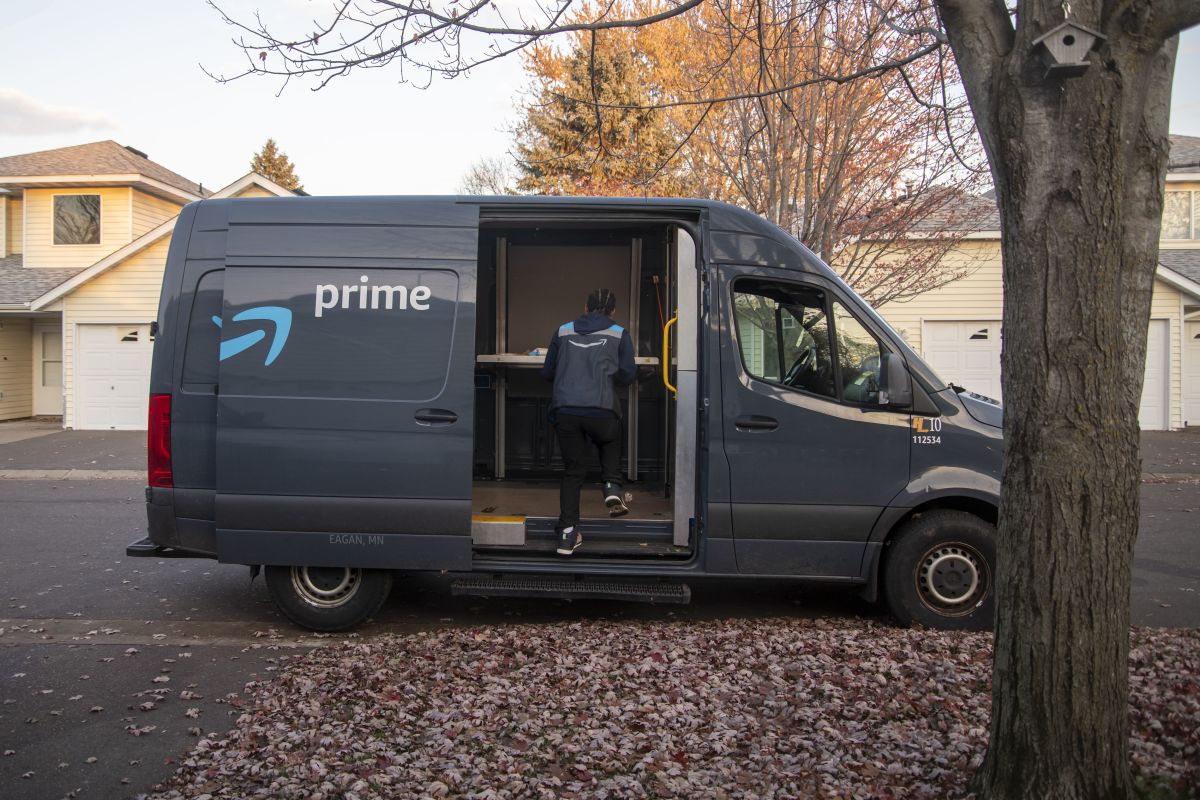
While some top retailers report considerably impressive earnings this spring, others are having a harder time keeping their head above the water.
The dichotomy in this economy is stark. On the one hand, giant multinational corporations like Walmart (WMT) are reporting double-digit earnings-per-share beats – and continue to leap ahead with their outsized competitive edge and rock-bottom pricing.
Related: Home Depot CEO sounds the alarm on a growing problem
On the other, specialized, niche retailers that cater only to a smaller interest or two are feeling the squeeze.
In fact, it seems like almost every week, a new company is either liquidating, filing for bankruptcy protection, getting delisting warnings, or somehow spiraling into what seems like a hopeless death of despair.
Such has been the case for countless retailers and restaurants that once did big business in indoor malls and strip plazas. Bed Bath & Beyond, Joann Fabric, Party City, Rite Aid, Express, and sneaker company All Birds have all struggled in some way. And much of this is because, well, you just don't have to go to these stores if you don't want to. Goods of comparable quality are now available at the corporate giants, like Walmart, Target (TGT) , and Amazon (AMZN) – and probably at a lower price.
In fact, you may not even need to leave your house at all to get your goods, since all three of these large household names have dumped untold time and resources into scaling up robust online shopping and delivery capabilities.

New retailer on the hot seat
One perfect case study in the world of rapid retail consolidation is The Container Store (TCS) , a mainstay in the organizational space.
The Container Store thrived in indoor shopping malls and busy metropolitan plazas and centers, selling products to help organize pantries, closets, bathrooms, and more.
View the original article to see embedded media.
At the peak of its popularity, The Container Store was often packed with shoppers and organizational enthusiasts who would quite literally pop in for inspiration – and often leave with several hundreds of dollars worth of plastic or wicker storage units (the company's best-selling Clear Weather Tight Totes Cases retail for between $90-$150).
The Container Store was also placed on Fortune's "100 Best Companies to Work For" and underwent rapid expansion in the 2000s and early 2010s.
The Container Store receives NYSE warning
But things have changed since 2010. What you could once only get in-stores is now readily available from – you guessed it – places like Target and Walmart at a comparable quality. Consolidated net sales for fiscal 2023 amounted to $847.8 million, down 19% compared to 2022.
Comparable store sales, which measures the performance of stores in business for more than one year, were down 19.7% compared to 2022.
"Looking ahead, while we anticipate continued challenges within our general merchandise offerings, we continue to lean into Custom Spaces through enhancing our assortment, strengthening our in-home design service and building awareness through impactful marketing campaigns that highlight our complete offerings," CEO Satish Malhotra said during the May 14 Q4 earnings call.
Stock performance only makes the situation more dour. The Container Store's average stock price has fallen below the crucial $1 mark over the past 30 trading days, triggered a delisting warning from the New York Stock Exchange (NYSE).
In a statement, The Container Store said it was exploring multiple options to remedy the situation, including, "a reverse stock split, subject to stockholder approval no later than at the Company’s next annual meeting of stockholders, if necessary."
The Container Store can regain compliance with the NYSE's rules if it maintains at least a $1 average stock price for 30 trading days.
In March, S&P Global Ratings downgraded The Container Store’s issuer credit rating from a B to a B-, citing "weak operating performance."
CreditRiskMonitor gives The Container Store a FRISK Score of 2, which means it has between a 4%-10% chance of filing bankruptcy in the next 12 months. The FRISK score operates on a scale between 1-10, with 1 considered the most at-risk for bankruptcy.







